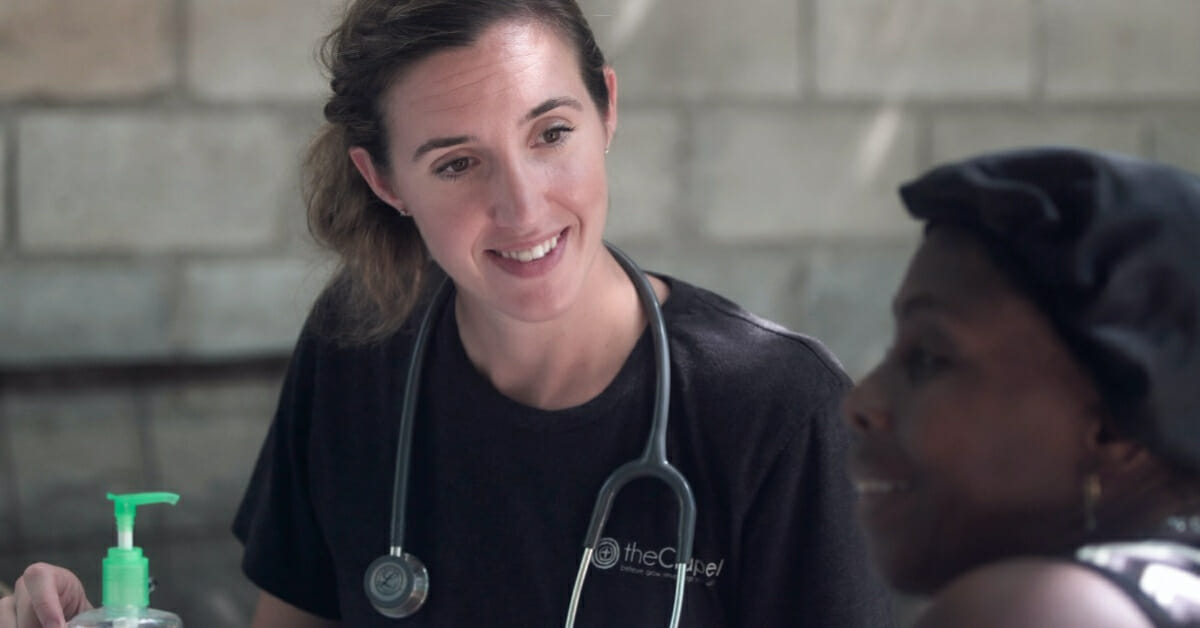This introductory course explores the fundamental principles of molecular and cellular biology essential for aspiring healthcare professionals. Students will examine cell structure and function, cellular metabolism, DNA replication, protein synthesis, and cellular communication pathways. Special emphasis is placed on understanding how cellular processes relate to human health and disease, providing students with the biological foundation necessary to comprehend pathophysiology and pharmacological interventions.
Students will develop a working knowledge of how molecular and cellular dysfunction contributes to disease states commonly encountered in clinical settings. Topics include genetic disorders, cellular responses to stress and injury, immunological processes at the cellular level, and the cellular basis for cancer development and progression.
Learning objectives
After the completion of this course, you will be able to:
- Identify and describe the structure and function of major cellular organelles and their roles in maintaining homeostasis.
- Explain the processes of DNA replication, transcription, and translation, and their significance in protein synthesis and cellular function.
- Analyze how cellular metabolism produces and utilizes energy, and how metabolic dysfunction contributes to disease states.
- Differentiate between various cellular transport mechanisms and their importance in nutrient uptake and drug delivery.
- Describe the cell cycle, mitosis, and meiosis, with emphasis on how abnormalities in these processes relate to disease development.
- Interpret basic genetic principles and patterns of inheritance as they apply to genetic disorders commonly encountered in clinical settings.
- Explain cellular communication pathways and signal transduction mechanisms relevant to pharmacological interventions.
- Analyze how cellular responses to injury and stress contribute to inflammation, healing, and tissue repair.
- Evaluate the cellular and molecular basis of immune function and immunological disorders.
- Apply knowledge of molecular and cellular biology to understand the pathophysiology of common diseases and the mechanisms of therapeutic interventions.
Course outline
- Introduction to Cell Biology
- The Macromolecules of Life
- Cellular Structure
- Cell Cycle and Cell Division
- Energy, Enzymes, and Metabolism
- Understanding Genetics
- Gene Expression and Regulation
- DNA Replication and Repair
- Biotechnology
- Genomics
